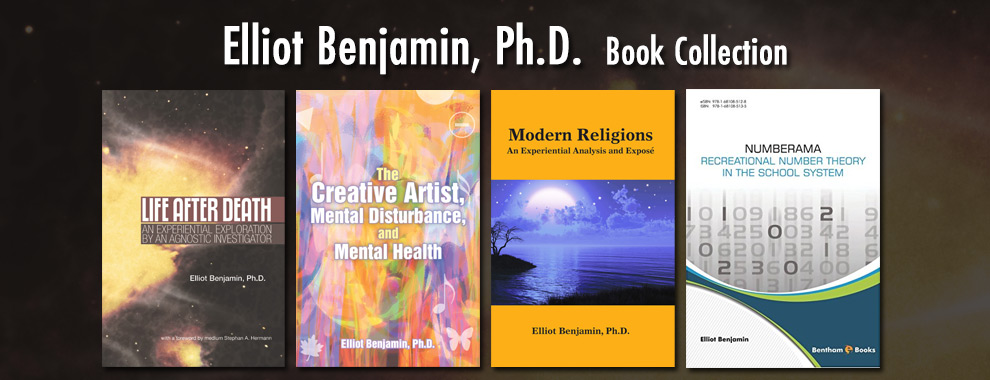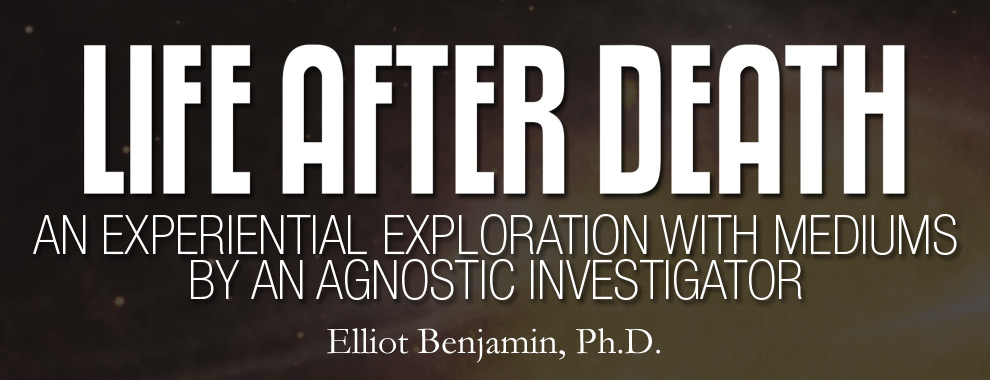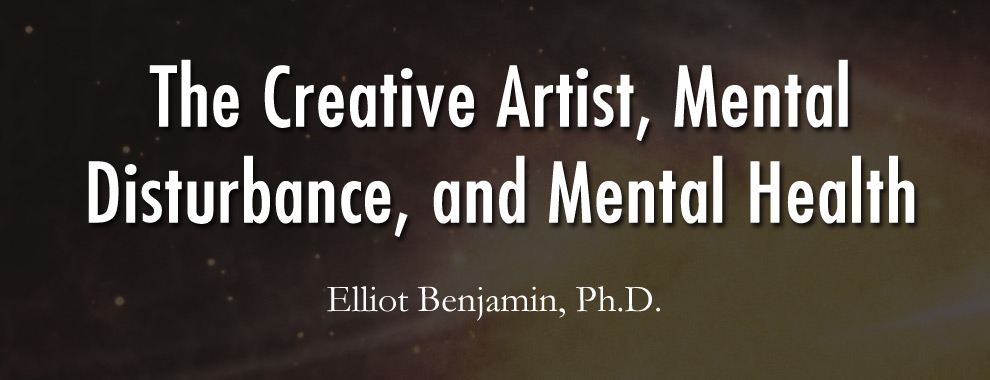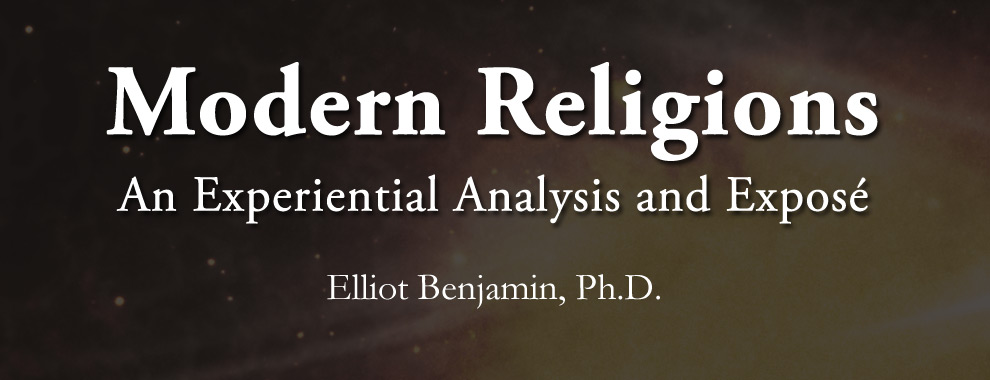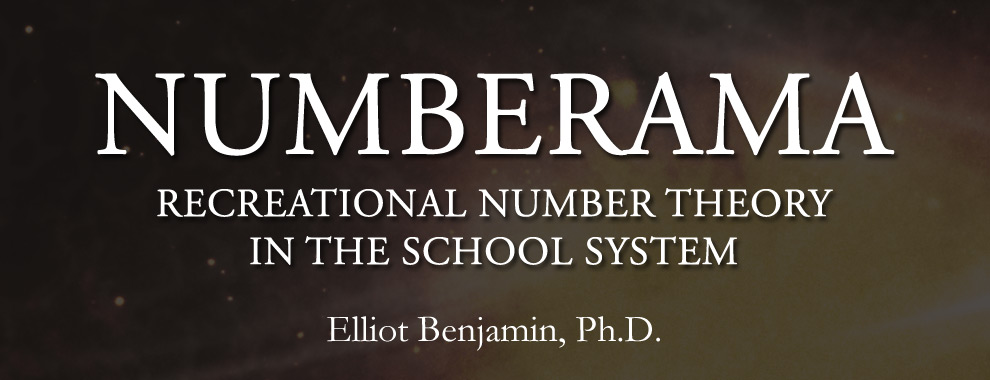The Creative Artist, Mental Disturbance, and Mental Health
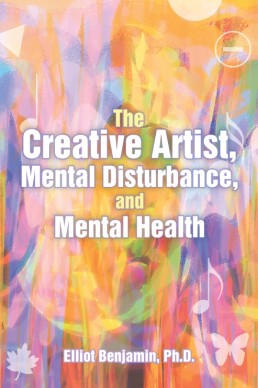 This book describes The Artistic Theory of Psychology, in which a dominant focus is on the successful creative artist and mental health. However, the book also describes the relationship of the creative artist to mental disturbance in various contexts, including an innovative academic treatment, personal experiential essays written by the author, excerpts related to the author’s semi-autobiographical novel, and illustrative blog excerpts from the author’s struggling actor son. The main theme of the book is that through humanistic supportive environments for creative artists, the phenomenon of the successful creative artist in the context of success in both one’s creative artistic endeavors as well as a satisfactory adjustment to day-to-day life, can be nourished and enhanced. The focus is on viewing the creative artist in a humanistic context as an alternative to psychiatric classifications and medications, and includes a description of the qualities of eccentricity, resilience, and egocentrism related to the author’s son’s struggling actor blog entries, and the relationship of these qualities to mental disturbance and mental health. The self-actualization psychology of Abraham Maslow is utilized as a basis of formation for the Artistic Theory of Psychology, which postulates that the successful creative artist, as defined in the book, resonates with the highest levels of Maslow’s hierarchy of human potential, that there are some people labeled as “mentally ill” who have the potential of becoming successful creative artists, and that a sensitive, understanding, and supportive educational environment may be conducive to enabling a mentally disturbed person with creative artistic potential to significantly develop and actualize this potential in life.
This book describes The Artistic Theory of Psychology, in which a dominant focus is on the successful creative artist and mental health. However, the book also describes the relationship of the creative artist to mental disturbance in various contexts, including an innovative academic treatment, personal experiential essays written by the author, excerpts related to the author’s semi-autobiographical novel, and illustrative blog excerpts from the author’s struggling actor son. The main theme of the book is that through humanistic supportive environments for creative artists, the phenomenon of the successful creative artist in the context of success in both one’s creative artistic endeavors as well as a satisfactory adjustment to day-to-day life, can be nourished and enhanced. The focus is on viewing the creative artist in a humanistic context as an alternative to psychiatric classifications and medications, and includes a description of the qualities of eccentricity, resilience, and egocentrism related to the author’s son’s struggling actor blog entries, and the relationship of these qualities to mental disturbance and mental health. The self-actualization psychology of Abraham Maslow is utilized as a basis of formation for the Artistic Theory of Psychology, which postulates that the successful creative artist, as defined in the book, resonates with the highest levels of Maslow’s hierarchy of human potential, that there are some people labeled as “mentally ill” who have the potential of becoming successful creative artists, and that a sensitive, understanding, and supportive educational environment may be conducive to enabling a mentally disturbed person with creative artistic potential to significantly develop and actualize this potential in life.
